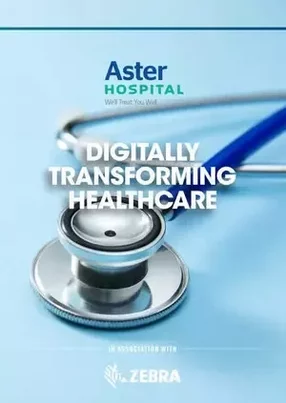Practicing anaesthesiologist and CEO of Aster Hospital Group, Dr. Sherbaz Bichu, manages the group’s hospitals in the UAE and Oman. Dr. Bichu has been a part of the Aster Hospitals UAE since 2014. “I joined as a junior anaesthesiologist, and climbed the ladder,” he says. “My role as CEO started at one hospital, then further progressed to CEO of the group.”
When asked about the healthcare industry, Dr. Bichu comments that it “has taken a complete U-turn. Right now, it is not healthcare that is practiced, it is sickcare. People come to the hospital when they are sick, rather than to keep themselves healthy.” However, with the rise of healthcare technology such as wearables and teleconsultation, Dr. Bichu sees this changing and the continuity of care increasing, “something which is lacking currently.”
Becoming a smart hospital
“If you look at the countries around the world, I would say the UAE is one country where, compared to any other country, the government runs five years ahead of the private sector in terms of technology,” says Dr. Bichu. “Innovation is very easy in the UAE. If you want to develop machine learning, artificial intelligence or robotics, this region is a place to be.”
As a hospital in the UAE the group is working very closely with Dubai Quality Group and Dubai Health Authority to process service innovation, change implementation and make the UAE the safest and best medical tourism destination.
When asked about the group’s vision Dr. Bichu comments that, “the group has a global outlook to drive an ecosystem of healthcare, which only technology can help us achieve. Otherwise we risk facing extinction.” With this mission driving its operations, the group has established its four pillars of digital transformation, with patient care at the forefront.
“It's mainly about empowering our employees by fostering collaboration and innovation,” notes Dr. Bichu. “We believe that innovation happens from the ground up, with our staff being the best innovators we can think of. We have monthly innovation meeting where people can put forward their ideas for processes and technology.” Dr. Bichu emphasises that “the world is growing, but if you look at technology usage in healthcare, it is further behind compared to banking and other industries. In order to catch up we need to empower our employees by fostering collaboration and innovation, in addition to looking to other industries to learn and tailor solutions to the healthcare industry.” An example of the group applying this method is its adoption of barcoding. “We have barcoded medical administration and barcoded blood transfusion to increase patient safety,” says Dr. Bichu. “As a result, we were the first to have a completely closed loop medication administration and specimen collection. We know exactly what medicine has been given to which patient and what time it was administered. In addition to increased safety, this method reduces time spent on documentation, shifting more time for patient care.”
The group as a whole has a passion for innovation which has been ingrained into the DNA of its employees. “Right from induction, we inform our employees the importance of innovation. We have sessions where we teach them how to think in an innovative way.” In particular Dr. Bichu sees automation as the future of healthcare. “We have looked at our processes with our employees and came to the conclusion that, whatever can be repeated, can be automated.”
Current innovations the group has made, includes adoption of Microsoft Azure cloud. “We were one of the first healthcare providers in the Middle East to host our business-critical applications, including the electronic medical record (EMR), hospital management systems, picture archiving and communication systems, with Microsoft Azure cloud UAE Data Centre. With our recent move to cloud computing, we are improving our services and processes, mainly to increase patient safety and continuity.” Since adopting Microsoft Azure, data mining has become significantly easier for the group, which allows to feed data into machine learning technology to drive robotic process automation (RPA) innovation. Other innovations the group is looking into includes use of artificial Intelligence. “We have recently brought diabetic retinopathy screening that operates with artificial intelligence (AI) in the backend. Now we are also exploring to collaborate with major players such as Fuji to start cancer screening centres for occult blood stool testing, mammograms and endoscopies, using AI alongside doctors to enhance diagnosis.”
Futuristically, Dr. Bichu strongly believes that “5G will be the best opportunity for connected health at Aster Hospital Group. 5G would transform us into pioneers in telemedicine and connected health for the region.”
Dr. Bichu acknowledges that new innovations entail risks, in particular cyber threats, and highlights that the group is adopting latest healthcare technology to shield it from external threats and to ensure patient data security. Our technology partners include Cisco, Alcatel, Dell and SonicWall. With the help of our partners, we periodically carry out penetration tests to identify if our network has any security flaws.” The group has also made recent infrastructure upgrades to make its environment secure and are continuously driven to educate its workforce.
Reflecting on the group, Dr. Bichu believes that its biggest strengths are its employees, and the innovative approach they have. When asked about his strength, Dr Bichu believes that it is the people and their innovative way of thinking.” To ensure continued growth Dr. Bichu highlights that the group makes sure all its people are being encouraged to progress to the next level so that they scale up along with the group. “We constantly focus on technology and innovation, but the company can only grow if our people grows too.”
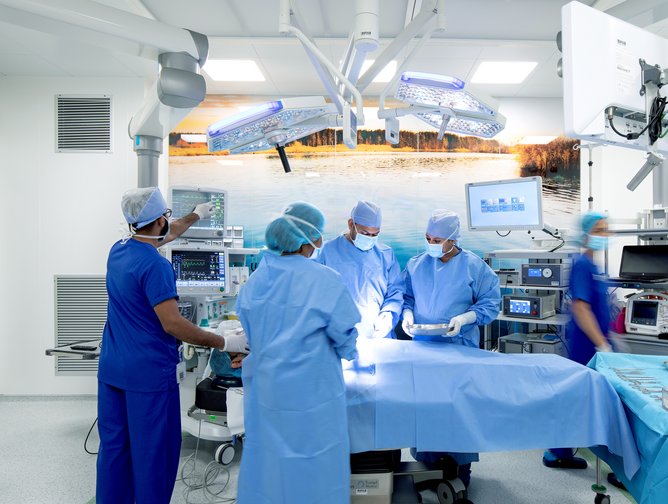
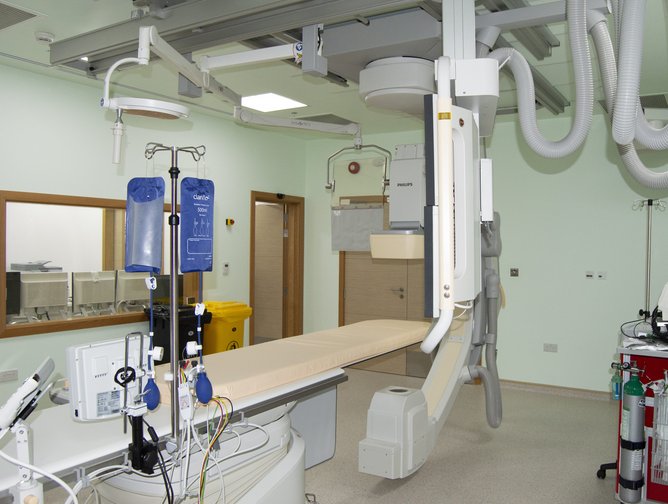

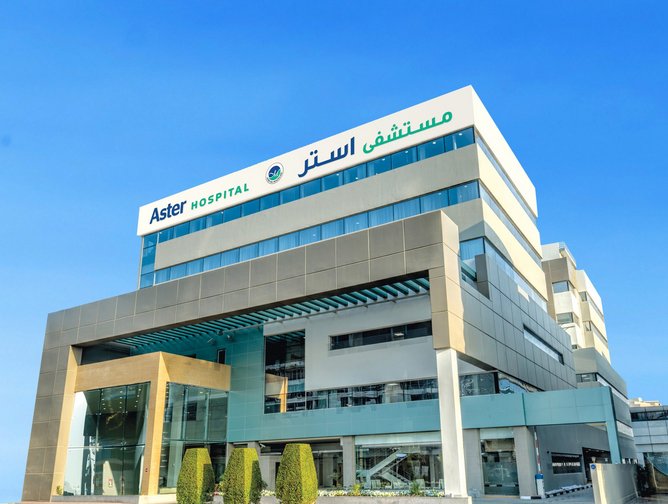
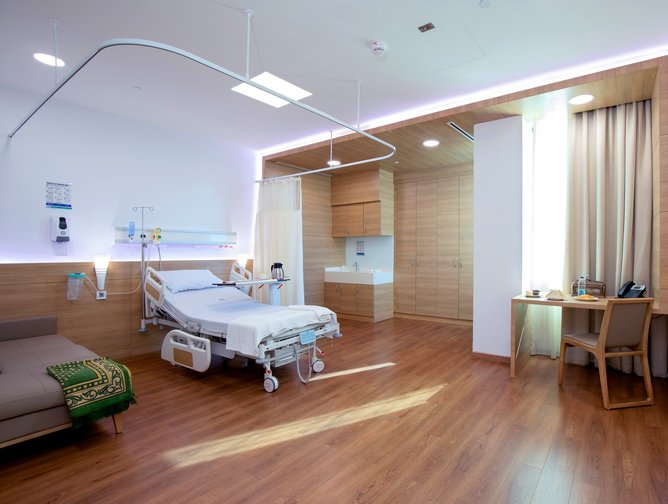
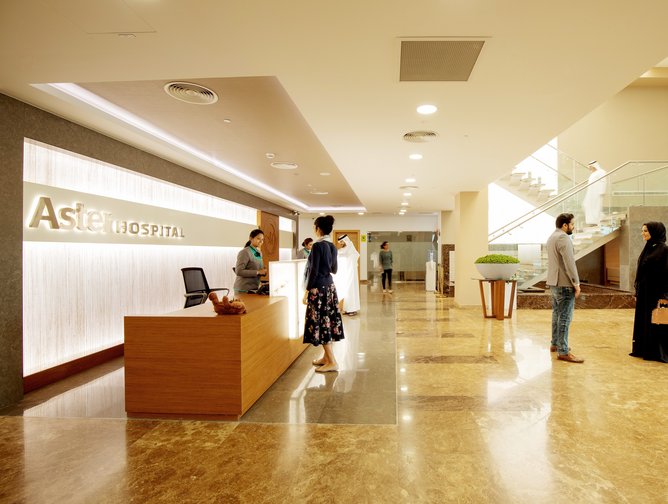
- Dell at 40: A Long-Standing Commitment to Digital InnovationDigital Transformation
- Top 100 Women 2024: Tanja Rueckert, Bosch - No. 6Digital Transformation
- Coforge: Arming Financial Firms with the Tools to InnovateDigital Transformation
- Coforge: Arming Financial Firms with the Tools to InnovateDigital Transformation

